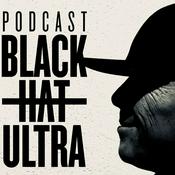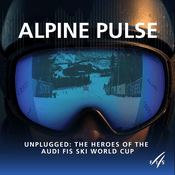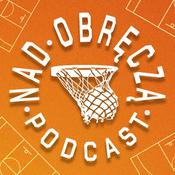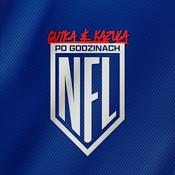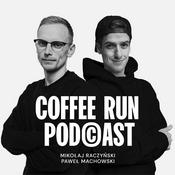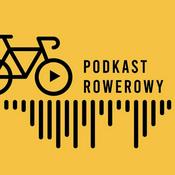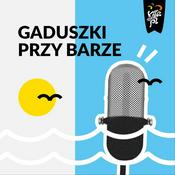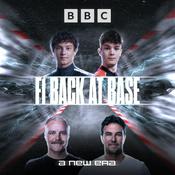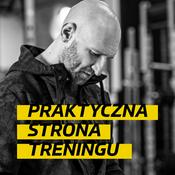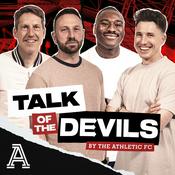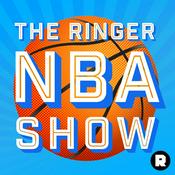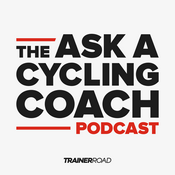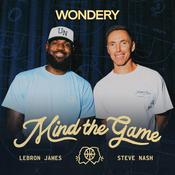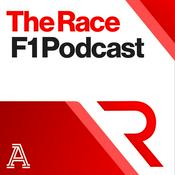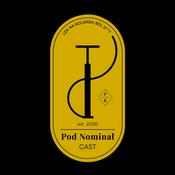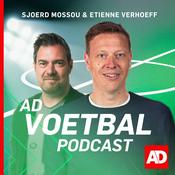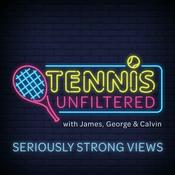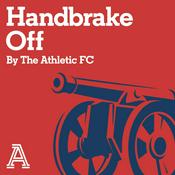293 odcinków
The Rise of the Machines: Can AI Take Over Coaching? / Talent ID's Imprecise Guess
22.01.2026 | 1 godz. 15 min.Become a Supporter of the Real Science of Sport podcast - a small monthly donation via Patreon is how you do it, and then you'll get access to our listener community who share insights, advice, and opinions of their own, all of which make up shows like this one!
In this Spotlight, Gareth and Ross get philosophical as they cast their eyes over a few topics, starting with Gareth's thoughts on 2026 and our recent podcast where Sean Ingle joined us to look ahead at the sporting year. It's a sporting year that won't include Ross finishing the mountain bike race he planned to, and we talk briefly about goals, burn-out and knowing when to cut your losses!
Then we indulge a passion of the pod - talent ID. This after New Zealand's teen sensation Sam Ruthe broke another national record, this time in the 800m. But how often do these world class middle distance teens kick on and improve? The answer may be surprising, but it does reveal how fraught the talent prediction is, and we discuss whether talent is easier to spot in some sports than others?
Staying on the philosophical theme, Gareth's recent forays into the principles of fitness and his attempts to simplify fitness, have led to fascinating conversations with our Science of Sport Supporters about the potential role of Artificial Intelligence in coaching and performance. Will AI take over from coaches? Can you plan and execute an effective training programme using nothing but AI prompts? Do we need human coaches when the knowledge of the whole world is at our disposal? Who has successfully capitalized on the AI hype, and who has contributed to the growing pile of "AI slop" in the world of sport and sports science? We discuss.
And finally, one of our listeners and a three time guest, Dr Jamie Whitfield, is looking for participants in his latest research trial - if you're in and around Melbourne, here's your chance, details in the pod, links in the show notes!
01:50 Who Tires first? Attack or Defence
11:00 Ross makes his predictions - I will remember
15:34 Sam Ruthe & Talent ID
35:00 Ross & the MTB Race that never was plus heat and fatigue
54:20 AI and can it replace coaching?
01:11:20 Jamie Whitfield invites you to a study - If you live near Melbourne
Links
The Sam Ruthe Youtube video that got Gareth excited
DCRainmakers video on the awful Strava Workout feature
The 5KRunner article on the "Digital God of Fitness"
Sale Sharks plan to use AI, they just aren't quite sure why yet
Interested in the Melbourne study with Jamie Whitfield and Louise Burke?
Hosted on Acast. See acast.com/privacy for more information.- Join Mike, Ross and the chief sportswriter at The Guardian, Sean Ingle, as we look ahead to the biggest events in 2026. From the Winter Olympics to the World Cup in football, 2026 will be packed with plenty of drama and, no doubt, controversy. The team discusses the inclusion of new events at the Winter Games, how the three-country host format at the World Cup may affect results, whether the Commonwealth Games have a future beyond this year, and whether the Enhanced Games will live up to the hype. Plus, we talk about the biggest stories in track and field, cycling, swimming and golf and offer some predictions. It's the perfect way to start your sporting year.
For the discussion that continues long after the podcast, become a member of the Real Science of Sport Supporters club by making a small monthly or annual donation and get access to our Discourse community
Hosted on Acast. See acast.com/privacy for more information. Festive Season Catch-up: What We Missed, Watched and Debated During The Holidays
14.01.2026 | 1 godz. 42 min.There's a lot to catch up on today's Spotlight. Four weeks of Festive season sport means a range of topics from technology failures in the Ashes to the "Battle of the Sexes" debacle, thoughts on cyclo-cross dominance and excitement, Biathlon's appeal, Luke Littler's darts revolution, and some Enhanced Games ruminations as more athletes are announced. We also tease a few 2026 sports events, and hope you'll join us throughout the year for sports science insights and discussions.
For the discussion that continues long after the podcast, become a member of the Real Science of Sport Supporters club by making a small monthly or annual donation and get access to our Discourse community
Links
Article on the Kyrgios-Sabalenka reactions
Luke Littler's moment and the growth of darts
Technology fails England at the Ashes
Gareth's fascinating exploration of the not-so-simple guide to fitness (Supporters Club Members access)
Stuart Phillips' paper on resistance training - just do it, and don't get stuck on the details
Michael Ashenden on the Enhanced Games - the source of our philosophical discussion on doping in the show
The sad death of Sivert Guttorm Bakken of Norway
USA-Canada relations are not looking good - this time thanks to a skeleton controversy
Hosted on Acast. See acast.com/privacy for more information.- As 2025 winds down, Gareth, Mike and Ross reunite to look back on a packed and fascinating year in sport and sports science in a bumper Year-end show!
We pick through the highs and lows, heroes and villains, innovations and failures, revisiting the moments and stories that stood out — and those we’d rather forget. Along the way, we debate the best athletes, the greatest achievements, the biggest let-downs, and our own favourite podcasts and sports science stories of the year.
We rarely agree on our picks, but through lively discussion, our definitive, decisive, utterly unmissable and questionably authoritative show brings insight, perspective and (occasionally) clarity to the world of sport in 2025!
If you have enjoyed 2025 along with us, and want to show your support, you can become a Member of our Science of Sport Supporters Club by making a small monthly pledge at Patreon - think of it as buying us a cup of coffee once a month. You also get access to Discourse where you can read, or engage, with fellow listeners and point out all the great sporting achievements we missed this year!
Happy holidays, and see you all in 2026!
Hosted on Acast. See acast.com/privacy for more information. - The Athletics Integrity Unit (AIU) is the body established to oversee drug testing and other integrity issues within the sport of athletics and road running around the world.. Established in 2017 in response to the deepening credibility crises within International Amateur Athletic Federation (now World Athletics) doping processes, the AIU is an independent body designed to oversee drug testing among the top tier in the sport. Brett Clothier is the current head of the AIU and, in this wide-ranging interview, explains the mandate and jurisdiction of the AIU, how doping cases are investigated, how testing is done and why the recent increase in Kenyan positives is a good thing.
Become a Supporter of The Real Science of Sport by making a small monthly pledge, and you also get access to our world-class community of experts and enthusiasts. Plus you get to explain sports like F1 and Squash to Gareth and Ross!
Hosted on Acast. See acast.com/privacy for more information.
Więcej Sport podcastów
Trendy w podcaście Sport
O The Real Science of Sport Podcast
World-renowned sports scientist Professor Ross Tucker and veteran sports journalist Mike Finch break down the myths, practices and controversies from the world of sport. From athletics to rugby, soccer, cycling and more, the two delve into the most recent research, unearth lessons from the pros and host exclusive interviews with some of the world's leading sporting experts. For those who love sport. Hosted on Acast. See acast.com/privacy for more information.
Strona internetowa podcastuSłuchaj The Real Science of Sport Podcast, Black Hat Ultra i wielu innych podcastów z całego świata dzięki aplikacji radio.pl
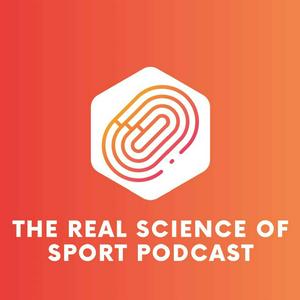
Uzyskaj bezpłatną aplikację radio.pl
- Stacje i podcasty do zakładek
- Strumieniuj przez Wi-Fi lub Bluetooth
- Obsługuje Carplay & Android Auto
- Jeszcze więcej funkcjonalności
Uzyskaj bezpłatną aplikację radio.pl
- Stacje i podcasty do zakładek
- Strumieniuj przez Wi-Fi lub Bluetooth
- Obsługuje Carplay & Android Auto
- Jeszcze więcej funkcjonalności


The Real Science of Sport Podcast
Zeskanuj kod,
pobierz aplikację,
zacznij słuchać.
pobierz aplikację,
zacznij słuchać.

